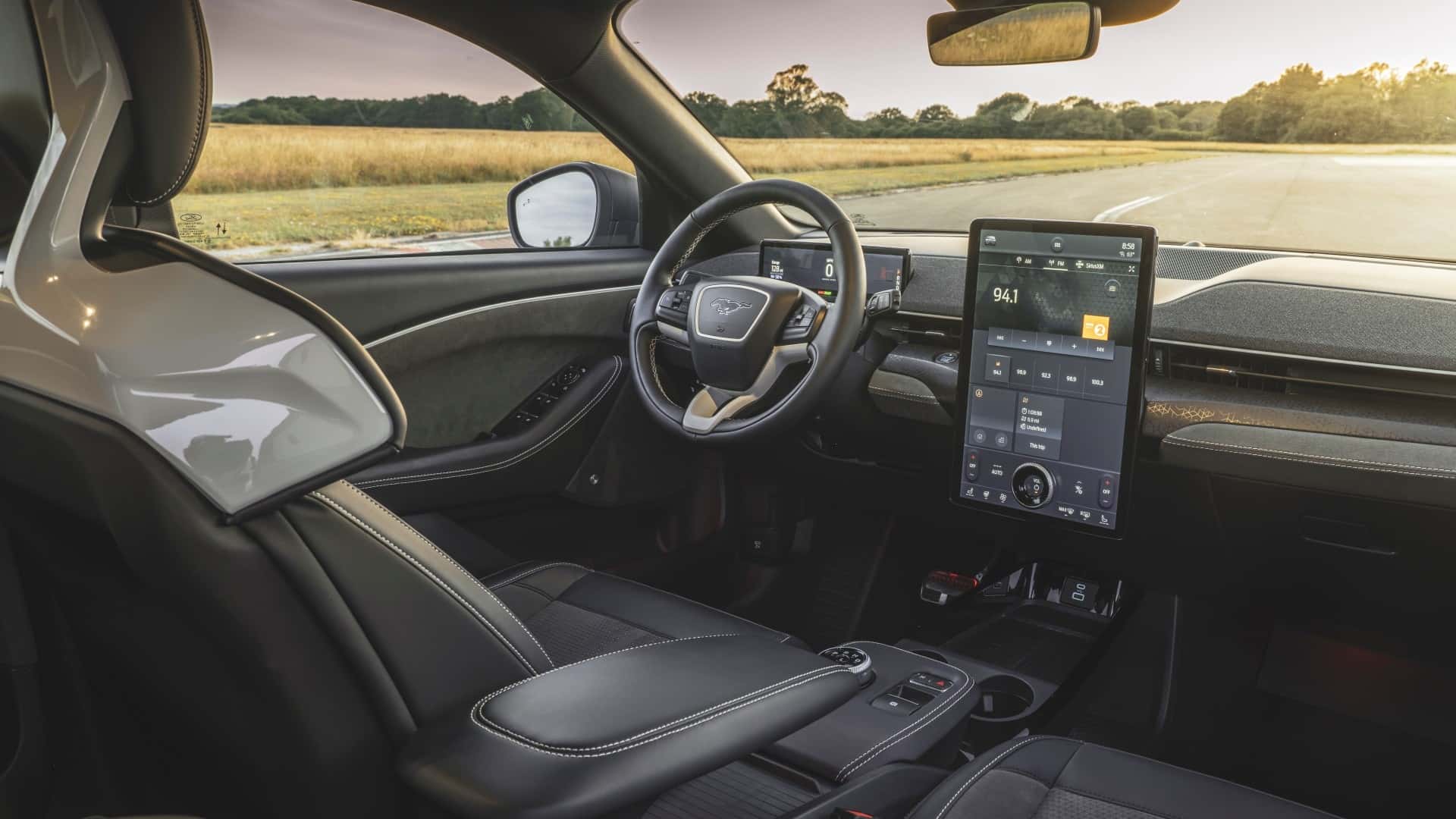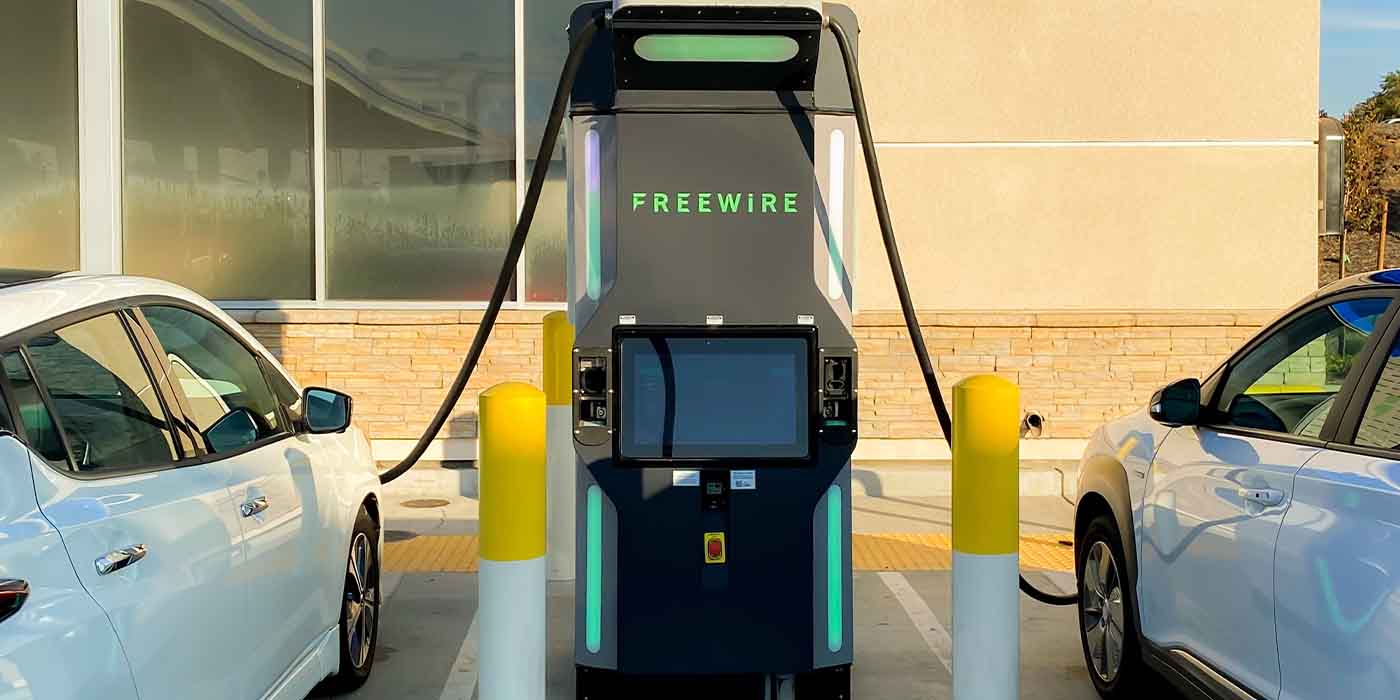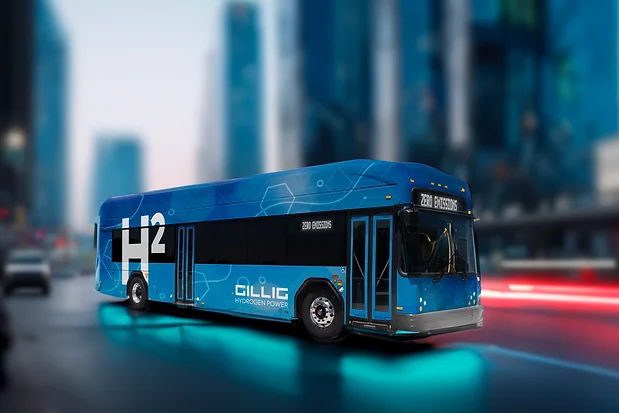As technology races forward, the venerable AM radio finds itself at the center of a congressional debate. A new bill, the “AM Radio for Every Vehicle Act of 2023,” is on the cusp of approval, with overwhelming support from both the Senate and the House of Representatives.
Senator Edward Markey, the bill’s proponent, emphasized its importance, stating, “AM radio is a lifeline for people in every corner of the United States to get news, sports, and local updates in times of emergencies.” This sentiment underscores the role of AM radio as part of the emergency broadcast network, particularly crucial for rural areas.
However, the bill faces opposition and skepticism from various quarters. The Consumer Technology Association’s survey of 800 adults in the US revealed that only 1% received an October 2023 test of the emergency broadcast system on AM radio. Critics argue that this test utilized IPAWS, an internet-based system, potentially skewing the results.
With 60 cosponsors for my and @SenTedCruz's AM Radio for Every Vehicle Act, Democrats and Republicans are tuning in to the listeners, broadcasters, and emergency management officials who depend on AM radio in their vehicles. We can't let this essential tool get lost on the dial.
— Ed Markey (@SenMarkey) April 30, 2024
Automakers, especially those producing electric vehicles (EVs), are concerned about the bill’s impact. EVs require special engineering to include AM radios due to frequency overlaps from the drivetrain. A recent study estimated that solving this issue could cost EV manufacturers between $50 and $70 per car, adding a significant financial burden.
In response to the bill, eight automakers, including BMW, Ford, Mazda, Polestar, Rivian, Tesla, Volkswagen, and Volvo, have announced the discontinuation of AM radio support. They argue that the bill overreaches and could hinder EV development.
However, not all automakers are opposed. Ford CEO Jim Farley expressed support for the bill, stating that Ford would retain AM radio in both internal combustion engine (ICE) and EV vehicles.
The fate of the “AM Radio for Every Vehicle Act” hangs in the balance as it navigates the final stages of congressional approval. Regardless of the outcome, the debate surrounding its efficacy and impact is likely to continue for years to come.







